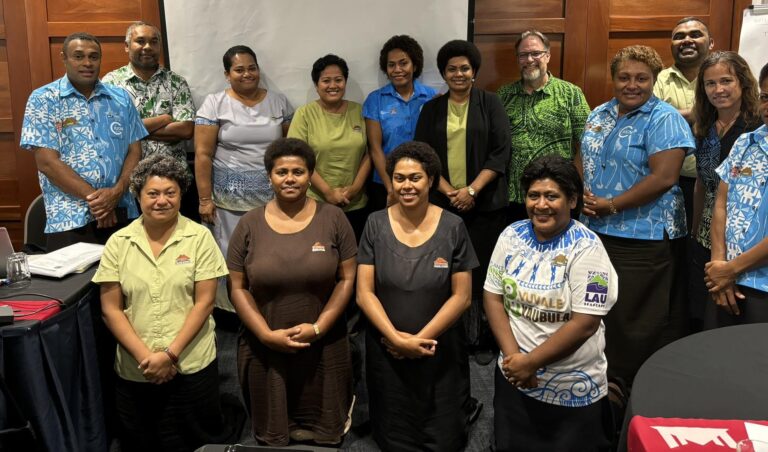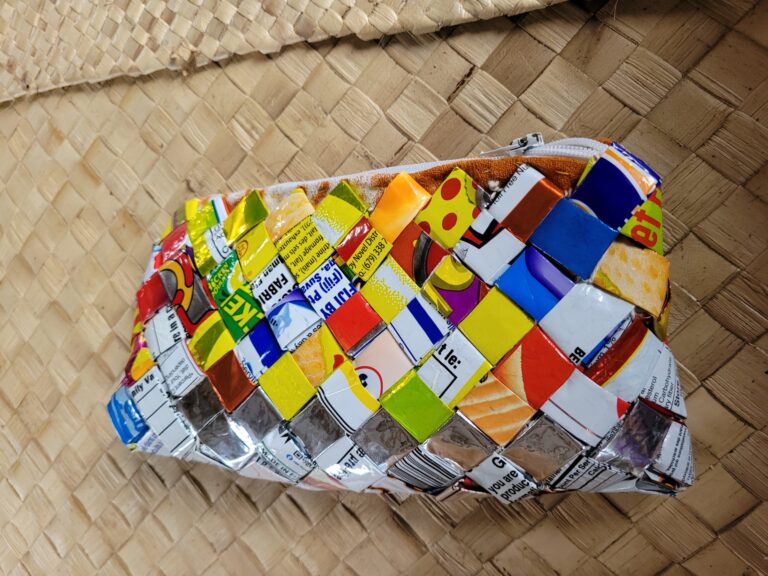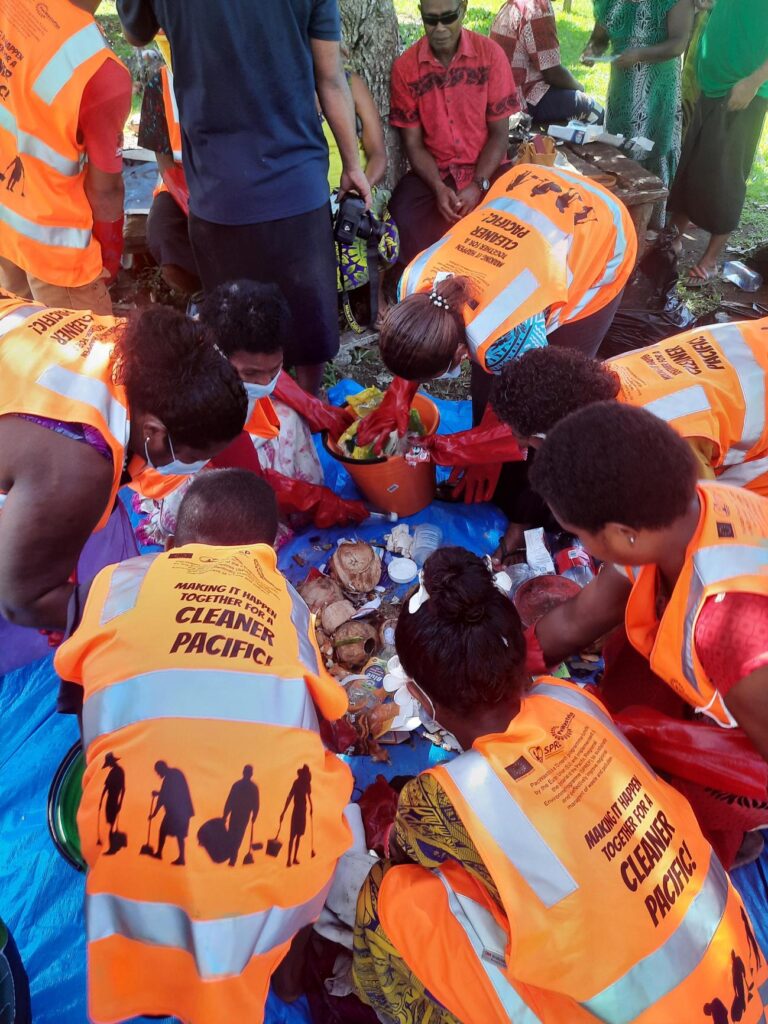Country Project
Fiji
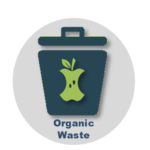
Organics
Organics
Fiji seeks to improve organic waste management in communities that do not receive waste collection services. The project will assess the existing composting programme in the country and design a suite of suitable village-based composting programmes for implementation in targeted communities. The project aims to facilitate community consultation, establish an organics management system to effectively collect and compost organic wastes generated. PacWastePlus is partnering with the GEF ISLANDS project to introduce Waste Management Action Plans in participating communities.

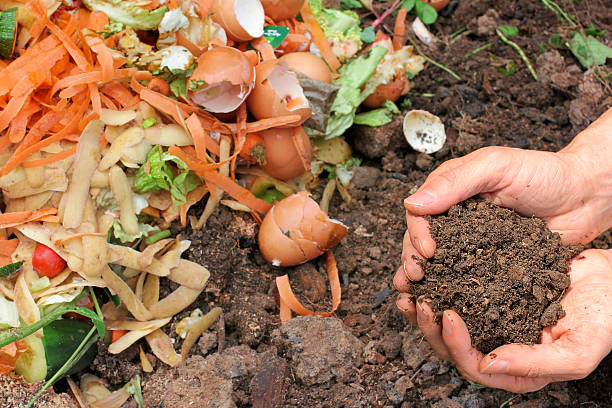
Project Description
Current Situation
60% of Fiji’s waste stream is organic material. Organics dumped into landfills generates leachate and methane gas, impacting the environment. Whilst organic materials composted and placed back on soils assist with moisture retention, organic growth, and is, therefore, a valuable input into agricultural pursuits.
What is the Fiji Project About?
Introduction of proper waste management to villages and informal settlements in partnership with GEF ISLAND through the following:
• Scoping Study to assess existing composting programmes and design of a suitable composting programme in targeted communities.
• Determine the community’s willingness to pay for garbage collection services.
• Introduce a suitable composting programme in targeted communities to support agricultural activities supported by education and awareness activities.
Future Situation
All organic wastes generated are diverted to organic waste processing systems, thereby eliminating land and water contamination from dumping, landfilling, and burning. The compost is then used back on land to improve crops and retain quality soils.
Latest news & updates
Browse through all the news & updates related to this project
Project resources
Browse through all the resources published from this project.
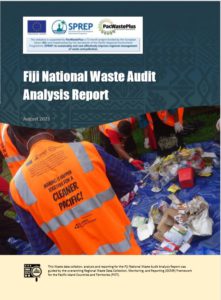
Research Report
Fiji National Waste Audit Analysis Report
This Waste data collation, analysis and reporting for the Fiji National Waste Audit Analysis Report was guided by the overarching Regional Waste Data Collection, Monitoring, and Reporting (DCMR) Framework for the Pacific Island Countries and Territories (PICT).
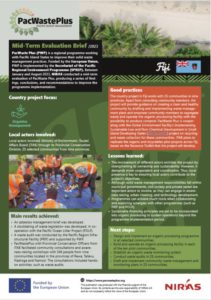
General
Mid-Term Evaluation PacWaste Plus Programme – Fiji Project Evaluation Brief
The Pacific – European Union Waste Management (PacWaste Plus) Programme has completed an external Mid-Term Evaluation. The evaluators from NIRAS International Consulting have produced a suite of products highlighting the Mid-Term Evaluation findings. This country brief highlights the mid-term review findings for the Fiji PacWaste Plus project.
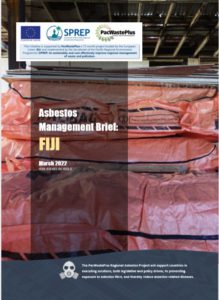
Factsheet
Asbestos Management Brief: FIJI
The PacWastePlus Regional Asbestos Project will support countries in executing solutions, both legislative and policy-driven, to prevent exposure to asbestos fibre, and thereby reduce asbestos-related diseases. This document provides guidance for Fiji to progress work on the development and implementation of a National ACM ban with this resource providing background information, identifying policy and legislative options available.
Frequently Asked Questions
-
- By 2023, have created an effective sustainable partnership between government and targeted communities to effectively minimise wastes through the implementation of the Waste Hierarchy concept.
- By 2023, have established suitable waste management systems in targeted communities to support local recycling industries and the agriculture sector.
- By 2023, have all targeted communities effectively participating in the waste minimisation projects.
-
- 60% of Fiji’s waste stream are made up of organic materials
- Organics are currently landfilled, taking up critical landfill space. Landfill construction is expensive.
- Organics generate leachate and methane gas as bi-product of the decomposition process.
- No waste segregation practiced in targeted communities
- Inconsistency garbage collection services provided.
-
- All Organic waste generated at targeted communities is composted effectively, thereby eliminating land and water contamination.
- All communities are participating in the waste management programmes through waste segregation activities
- Improved soil quality (through the use of processed organics) increases the yield of crops for farmers, producing for both subsistence and commercial.


